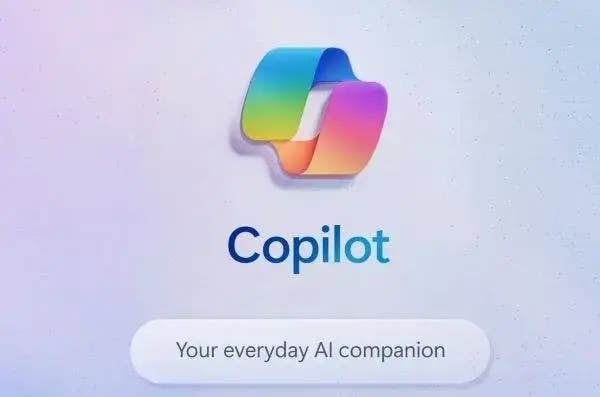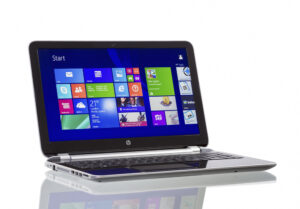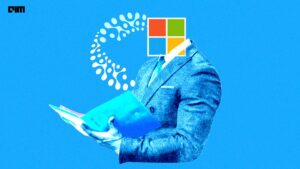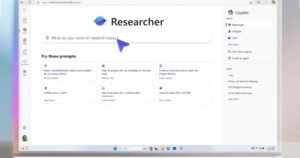Microsoft to Launch Recall Feature for Copilot+ on PCs Amid Ongoing Privacy Issues

Microsoft’s AI Screenshot Tool: The Return of Recall
After facing multiple recalls due to privacy concerns, Microsoft’s AI screenshot tool, Recall, is making a cautious comeback. This reintroduction is currently available to a select group of Windows Insider participants testing Copilot+ systems running Windows 11 Preview builds. The history of Recall has been turbulent, filled with delays and severe criticism since its announcement in May 2024.
What is Recall?
Recall is designed to act like an AI-driven memory aid, focused on busy professionals. It creates a searchable archive of screenshots, allowing users to revisit previous activities, including websites they browsed and applications they used.
However, the tool has met skepticism due to its ability to capture sensitive information, such as passwords and financial details. Critics argue that this feature poses significant risks to user privacy and security.
The Troubled History of Recall
Microsoft initially postponed the rollout of Recall in July 2024 after researchers found that early versions stored sensitive data in unencrypted text files, making users vulnerable to data breaches. After promising improvements, the tool faced further backlash in October when a beta version was criticized for inadequate security measures against unauthorized access. In response to this uproar, Microsoft discontinued the feature in November 2024 for further revisions.
Recall’s New Privacy Features
As of April 2025, the latest version of Recall incorporates several significant privacy upgrades. Unlike previous iterations that had the feature enabled by default, users now have to opt-in to activate Recall. This change gives users more control over their data. Additional improvements include:
- Local Encryption: Screenshots and data captured by Recall are now encrypted locally on the user’s device, preventing unauthorized access.
- Windows Hello Authentication: Users can only access their captured data by verifying their identity through Windows Hello.
- Data Management Options: Users can filter certain apps or websites out of the recall, delete unwanted screenshots, or even pause the feature entirely.
Furthermore, Microsoft assures that Recall does not share user data or snapshots with third parties and restricts access between different user accounts on the same device.
Ongoing Skepticism and Privacy Risks
Despite these enhancements, many remain cautious about Recall’s core functionality. The tool’s inherent design to document nearly everything displayed on a user’s screen raises concerns about potential security risks. Even with encryption and user controls, some believe that Recall could turn Windows Copilot+ PCs into attractive targets for hackers.
The updates do address earlier concerns to some extent, and although the latest privacy measures improve the tool’s safety, public trust remains fragile after nearly a year filled with missteps.
Future Rollout Plans
Microsoft plans a broader release of Recall later this year. However, its success will heavily depend on the company’s ability to convince users that the benefits of using Recall outweigh the associated risks. Presently, Recall’s rejuvenation is marked by caution and a significantly limited scope compared to the ambitious vision Microsoft had for the tool nearly a year ago.






